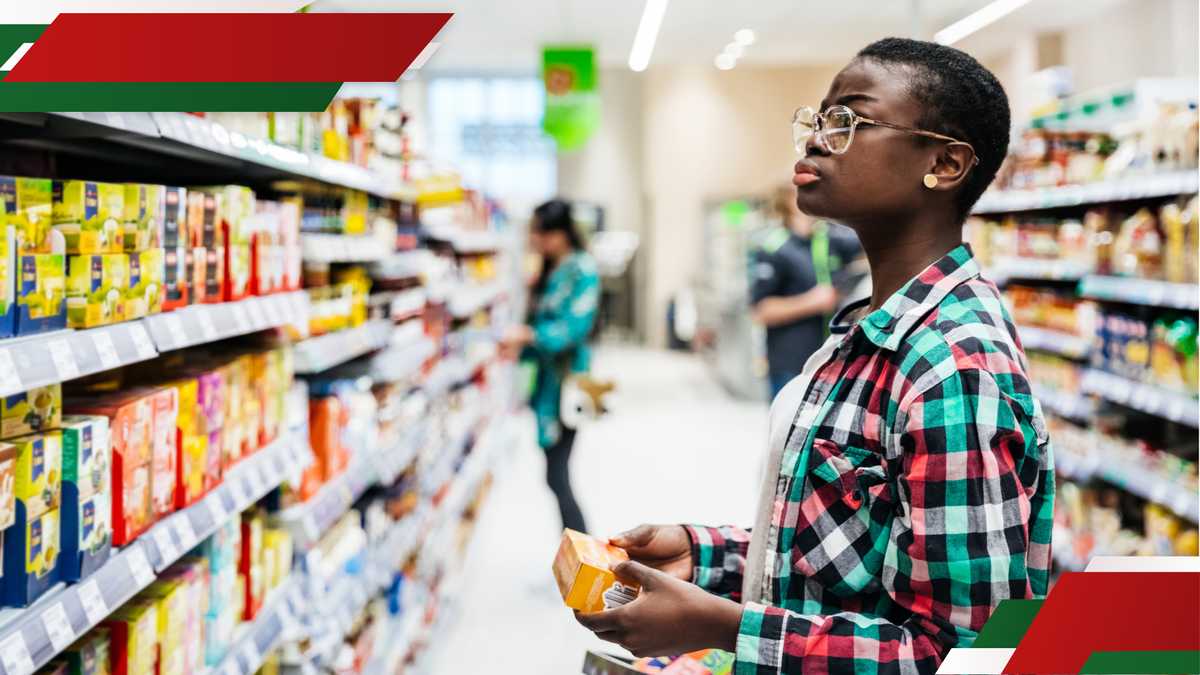
Key Findings from the 2025 Kenya Market Assessment Report
The 2025 Kenya Market Assessment Report has brought to light significant concerns regarding the nutritional quality of packaged foods and beverages available in supermarkets. This report, conducted by the non-profit Access to Nutrition Initiative, highlights the risks associated with these products and emphasizes the urgent need for action from both the government and consumers.
According to the survey, only 10% of the packaged foods evaluated met the nutrient criteria set by the Kenya nutrient profile model. This alarming statistic underscores a broader issue: the majority of products on supermarket shelves are high in fat, salt, and sugar, which contributes to the rising prevalence of non-communicable diseases such as diabetes and hypertension.
The Ministry of Health has expressed serious concerns about the nutritional standards of consumable goods in the market. It has pledged to take action by implementing the country's nutritional profile, which sets specific limits for harmful nutrients across 21 types of processed goods. The goal is to ensure that consumers can make informed choices through clear labeling of food products.
Nutritional Standards and Government Response
Mary Muthoni, the Principal Secretary (PS) for Public Health and Professional Standards in the Ministry of Health, emphasized the importance of establishing upper limits for nutrients such as sugar, salt, and bad fats. Foods that exceed these limits are classified as unhealthy, and the government aims to enforce these standards to improve public health outcomes.
The survey assessed over 746 food and beverage products, including a wide range of items such as rice, pasta, noodles, snacks like biscuits and candy, dairy products, ice cream, edible oils, sauces, cereals, instant coffee, carbonated drinks, juices, and energy drinks. The findings revealed that only 33% of these products meet the 'healthy' threshold under the health star rating system.
This data indicates that the overall healthiness of packaged foods sold by 30 major companies—representing 57% of the formal market—is low, with significant variations between companies. The report calls for stricter regulations and increased awareness among consumers to promote healthier eating habits.
Major Supermarkets in Kenya
Kenya’s retail landscape is dominated by several large supermarket chains that have grown from small businesses into major players. For instance, Naivas Limited started as a family business before being acquired by foreign investors. Similarly, Khetia's Supermarket began as a small wholesale shop in Kitale, Trans-Nzoia county. Another notable chain, Quickmart, has become the second-largest retail chain in Kenya, founded by John Kinuthia.
These supermarkets play a crucial role in shaping consumer behavior and dietary choices. As the demand for healthy food options increases, it is essential for these retailers to align their product offerings with national health guidelines and consumer expectations.
The Path Forward
With the growing awareness of the health risks associated with unhealthy diets, there is an increasing call for stronger regulatory measures. The government is considering laws that would require clearer labeling of food products, enabling consumers to make more informed decisions. Additionally, public education campaigns are needed to raise awareness about the importance of nutrition and the long-term consequences of poor dietary choices.
The findings of the 2025 Kenya Market Assessment Report serve as a wake-up call for all stakeholders involved in the food industry. By working together, the government, retailers, and consumers can create a healthier environment that supports better nutrition and reduces the burden of non-communicable diseases.


Posting Komentar